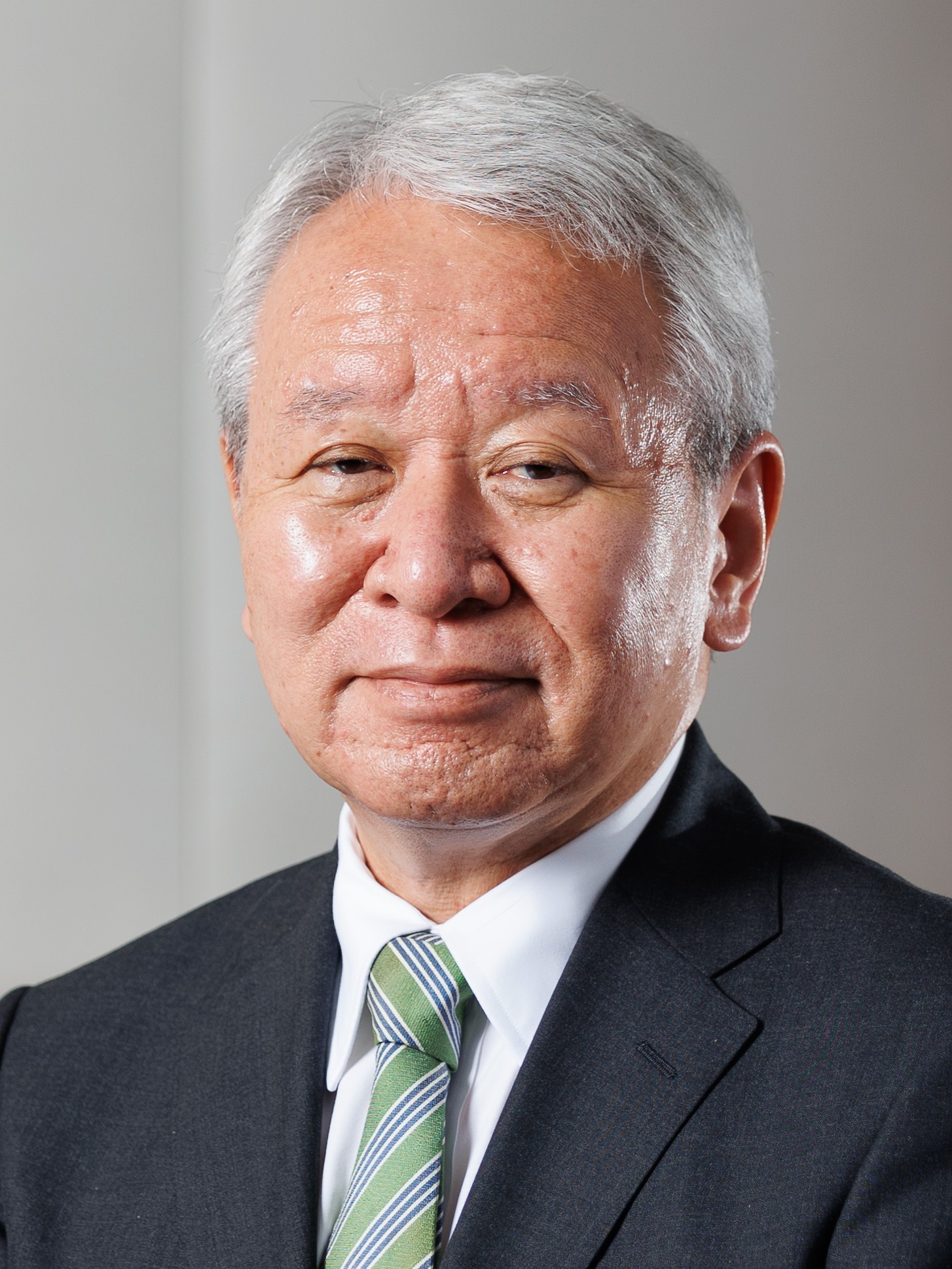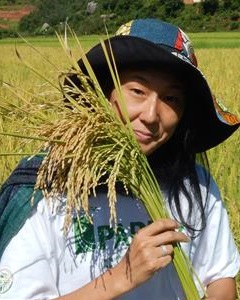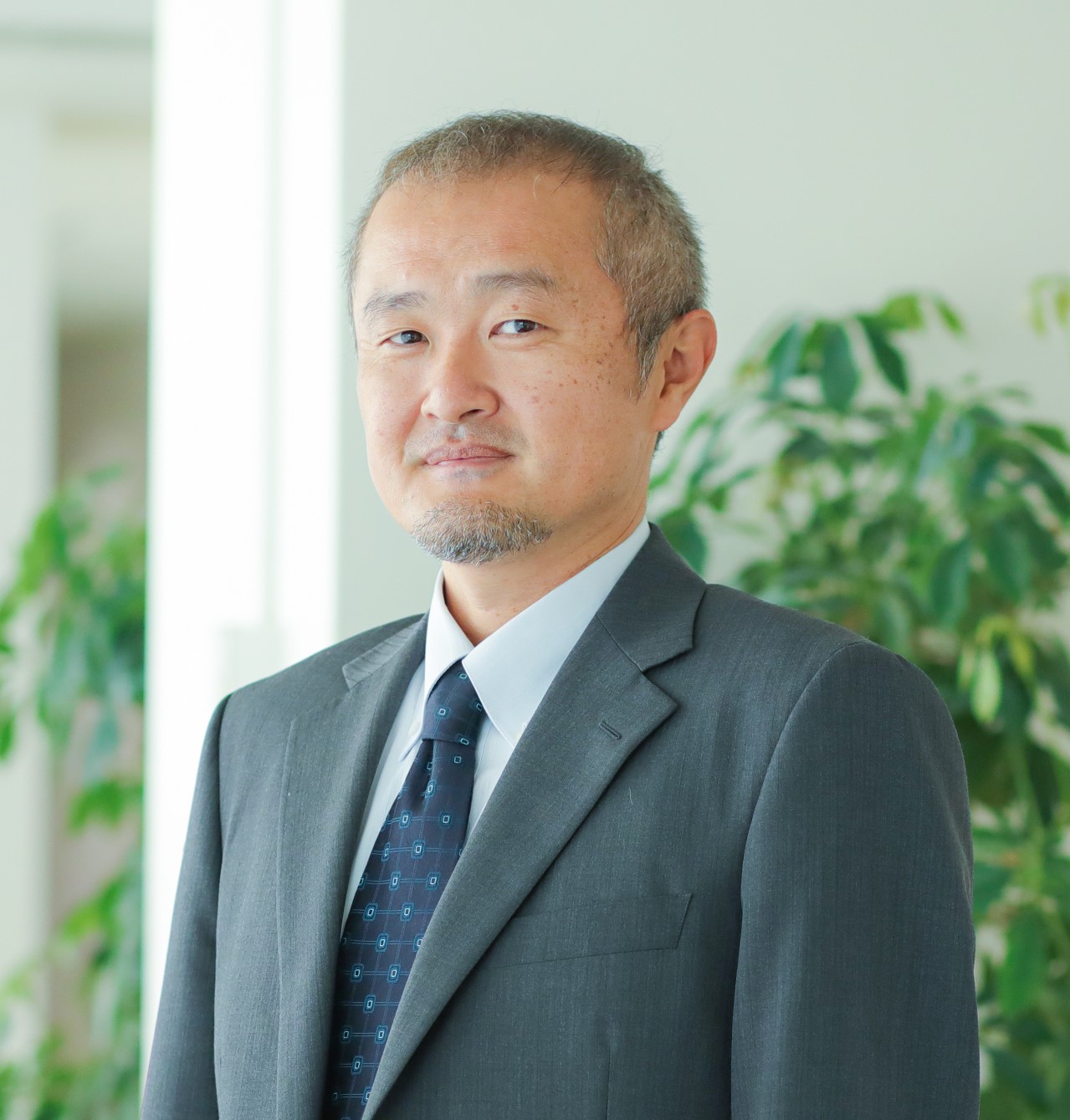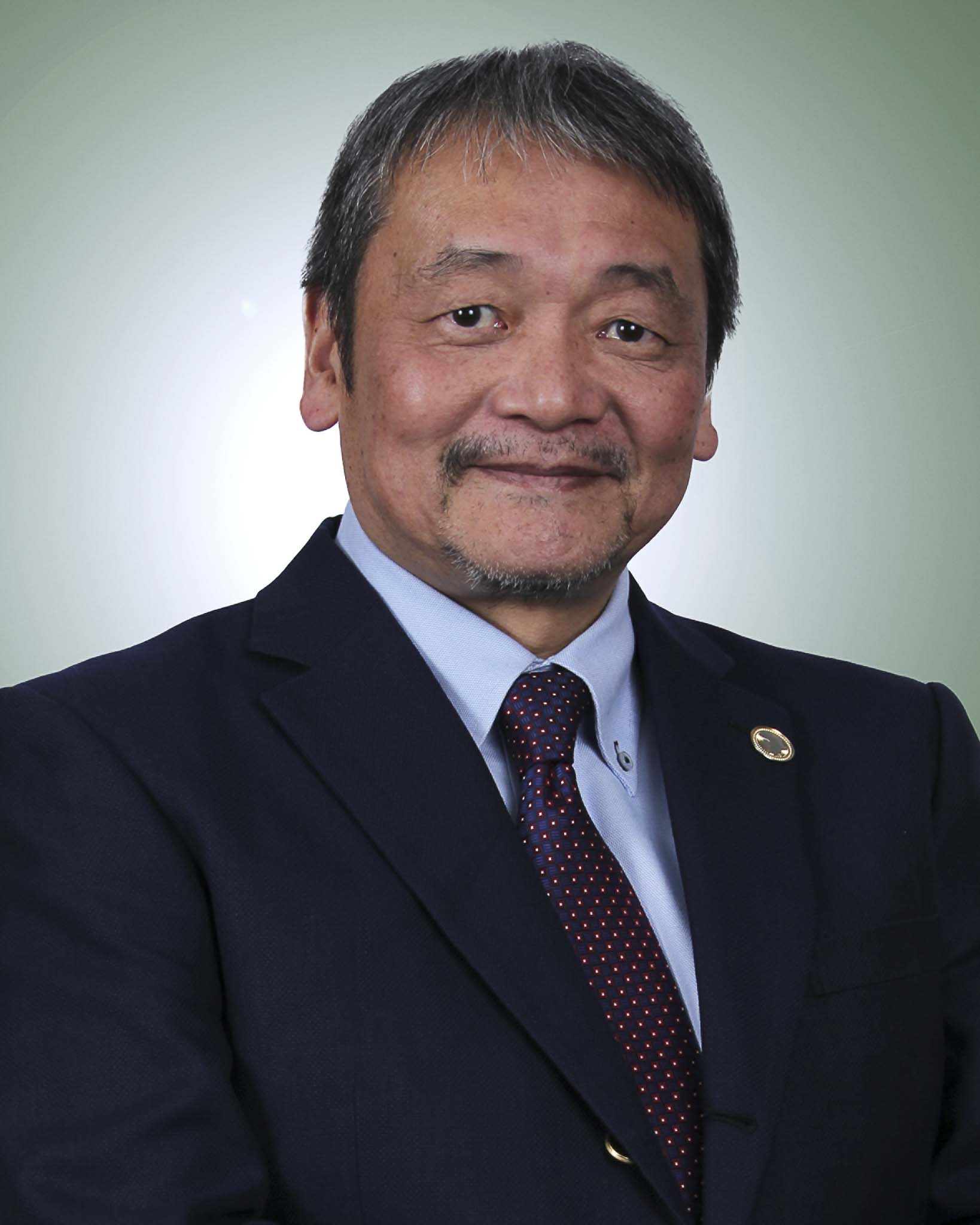Enhancing Continental Food Self-sufficiency and Job Creation through Resilient Food System and Private Sector Development in Africa”
August 20, 2025 09:00-11:30(JST)
- Date
- 2025/8/20 (Wed)09:00-11:30(JST)
- Field
- Food system development and job creation
- Venue / Event Format
- InterContinental / Hybrid (In-person and Online)
- Co-Host
- AUDA-NEPAD
Background
Agricultural trade in African region is projected to increase by 574% if tariffs are eliminated by 2030 with the implementation of the African Continental Free Trade Area (AfCFTA) (WEF 2023). However, the “complex crises” that have become endemic in recent years are a major stumbling obstacle to unlocking the potential of the agricultural sector, ensuring food security in Africa, strengthening industrial competitiveness, and achieving stable economic growth. In this context, it is essential to consider strategies for establishing stable food supplies and agro-industrial value chains by fully utilizing the AfCFTA. JICA has been collaborating with AUDA-NEPAD, the AfCFTA secretariat, and related agencies to promote agricultural and industrial development in Africa and to promote job creation, particularly for youth and women, in line with African continental agenda. JICA’s cooperation for regional engagement and the implementation of AfCFTA is promoted through a variety of initiatives, Agricultural Promotion (CARD, SHEP), KAIZEN, innovation promotion (NINJA), corridor infrastructure development and trade facilitation (OSBP, etc.).
Key Questions
Session 1: Building Resilient Agri-Food Systems in Africa
The Kampala CAADP Declaration, signed in January 2025, adopted a 10-year action plan for the implementation of CAADP. The action plan identifies the strengthening of Agri-Food Systems as a central issue. As one of the approaches, the food basket approach has been proposed by the AU, and it aims to establish food security in the region by setting priority crops in each region of the African continent (East Africa, Central Africa, Southern Africa, West Africa and North Africa) and concentrating investment and production of the designated crops there. In order to establish food security and achieve self-sufficiency in the region, it is important not only to increase production but also to promote the distribution of crops produced in the region. In addition, many countries are currently depending on imports from outside the continent, and strengthening their competitiveness against import products is crucial.
This session will discuss how JICA is trying to address this challenge through the JICA Africa Food Security Initiative launched by JICA after TICAD 8, with a focus on rice, with which Japan has been cooperating in Africa for many years. Case studies will also be shared from public and private sector stakeholders in East Africa, and specific measures and strategies will also be discussed to promote intra-regional distribution through a food basket approach and to strengthen competitiveness against imports from outside the region.
Session 2: Job Creation by Improvement of Agro-industrial Value Chain and Promotion of Agroindustry
In Africa, the development of the agricultural sector is essential for ensuring food security and achieving stable economic growth. Under these circumstances, in addition to support for the development of the agricultural sector with improvement of productivity, JICA has been providing variety of support to promote agro-industry and its value chain, including support for innovation creation through startups), capacity development via KAIZEN, human resource development through BDS in the industrial sector, and export-related product branding support, etc. In this session, we will discuss the following challenges through the latest case studies to maximize the benefits of the AfCFTA, strengthen the agro-industrial value chain in the region and in each country, and increase employment opportunities for youth and women: (i) revitalization and high value addition of industry in the region, especially agrii-businesses; (ii) industrial human resource development to support free trade and industrial promotion; (iii) the improvement of the intra-regional trade environment.
Objective
This seminar aims to identify potential actions for achieving sustainable growth in Africa’s agricultural sector and job creation within its value chains, with a view to working with development partners, taking East Africa as an example and presenting the latest initiatives and case studies.
Speakers

- Dr. TANAKA Akihiko
- JICA, President

- Dr. Ibarahim Hssane Mayaki
- AU, Special Envoy for Food Systems

- Dr. Andrew Dabalen
- World Bank, Chief Economist for African Region

- Mr. Fahari Gilbert Marwa
- EAC, Principal Agricultural Economist

- Mr. NOMOTO Takaaki
- Ministry of Finance, JAPAN, Director of Multilateral Development Banks Division

- Mr. AMAMEISHI Shinjiro
- CARD Secretariat, General Coordinator

- Dr. JOHO Yukiko
- NIPPON KOEI CO.,LTD., Deputy Team Leader, A Data Collection Survey to Build a Resilient Food System based on the Food Basket Concept

- Mr. Prosper Komla Bissi
- AfCFTA Secretariat, Senior Advisor, Agriculture Trade & Value Chains, Cabinet of the Secretary-General

- Dr. YAMANA Mika
- Kansai University, Professor

- Mr. Samuel Munguti
- Shamba Pride, CEO, Founder

- Thomas Damian Mkangara
- Natural Extracts Industries Ltd, KAIZEN Coordinator

- H.E. Nardos Bekele Thomas
- AUDA-NEPAD, CEO

- Mr. FUJIIE Hitoshi
- JICA, Deputy Director General of Economic Development Department

- Mr. HOMMA Toru
- Senior Advisor to the CEO, African Union Development Agency (AUDA-NEPAD) / Senior Advisor (Private Sector Development), Japan International Cooperation Agency (JICA)


